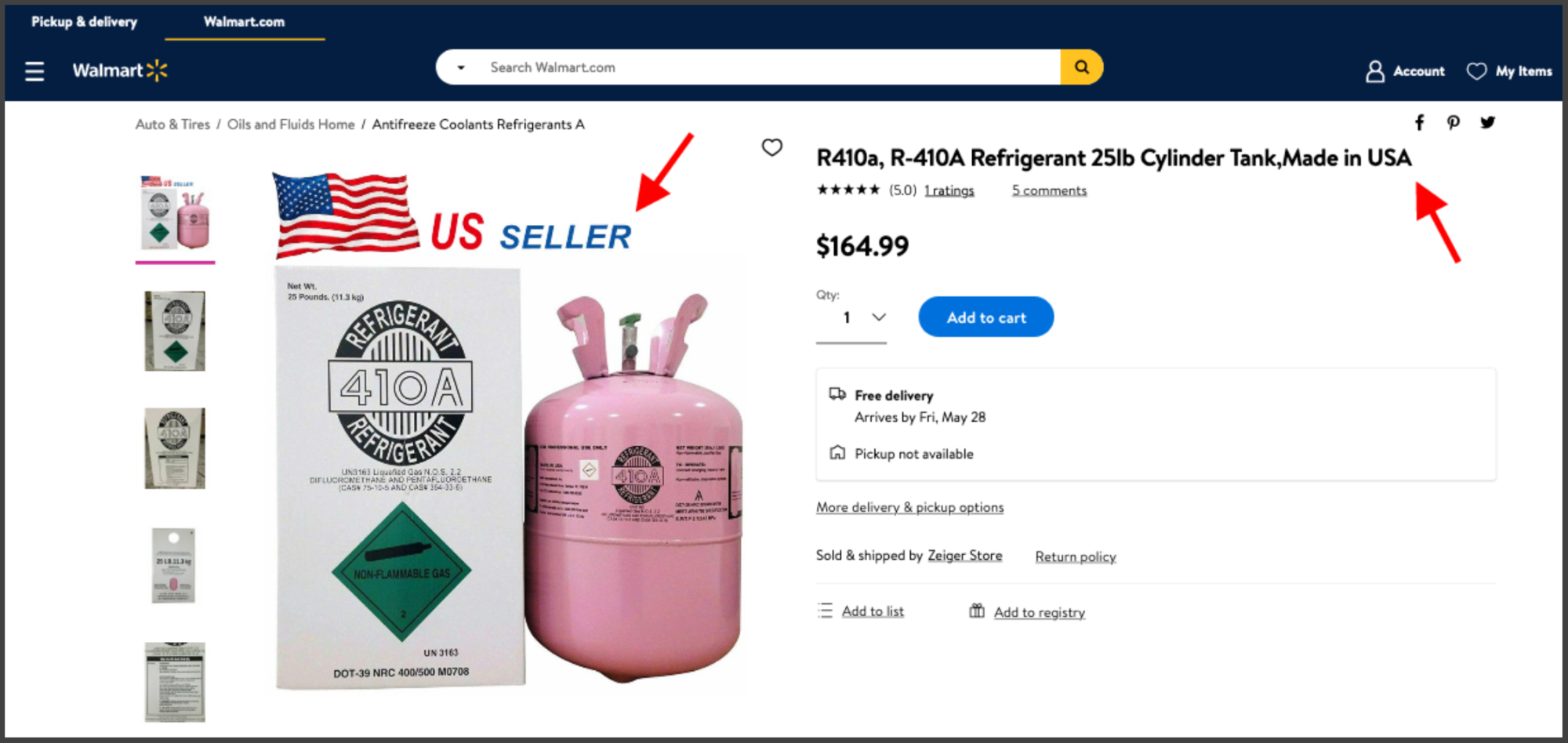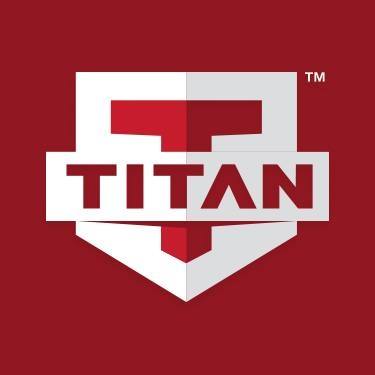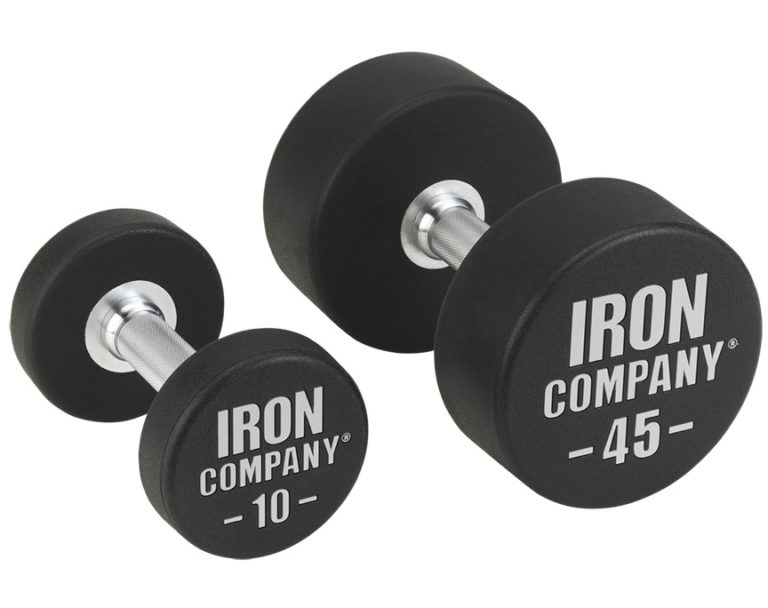
Made in USA Refrigerants on Walmart.com
When it comes to made in the USA claims on Walmart’s website, there’s a lot of hot air.
Never underestimate the economic role of a neon sign, says North Carolina-based Jantec.
“Quality open neon signs do much more than just say you’re open,” the company says in a pitch to businesses on its website, which lists more than 200 open neon signs, “they let your customers know they’re welcome, wanted, and about to receive quality service!”
The same can be said about consumer perceptions regarding Made in the USA claims — claims that until recently flooded the company’s marketing materials, from its website and social media pages, to listings on Etsy, eBay and Amazon, to ads in search results on Google and Bing.
What changed? The FTC alerted Jantec to the fact that its neon signs contain “significant imported components” and the company cleaned up its marketing by removing unqualified Made in the USA claims and introducing qualified U.S.-origin claims that accurately convey the extent of U.S. manufacturing involved. According to the closing letter, Jantec “hand-bends” its neon signs here.
This should serve as yet another reminder for businesses and consumers alike that, according to the FTC, if a product isn’t “all or virtually all” made here, it cannot be marketed with an unqualified Made in the USA claim. If there are imported parts that make a difference — in this case, the FTC did not specify what those parts were — marketers must affix qualifying language to their Made in the USA claims, such as “with imported materials,” or avoid making them completely.
Find more of our coverage on Made in the USA claims here.
When it comes to made in the USA claims on Walmart’s website, there’s a lot of hot air.
The fine print changes everything.
FTC spots potentially misleading made in the USA claims in company’s marketing.


